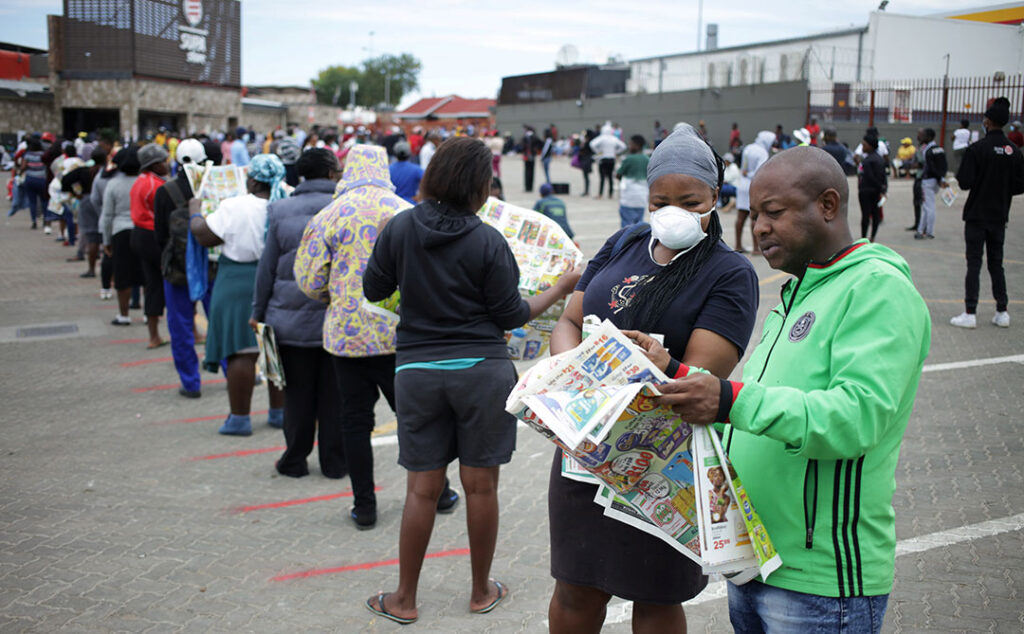The Africa Center For Strategic Studies
The World Health Organization is warning that an “infodemic” has developed alongside the coronavirus pandemic. WHO calls it “an over-abundance of information — some accurate and some not — that makes it hard for people to find trustworthy sources and reliable guidance when they need it.” In an effort to help dispel some of this misinformation, here are five common myths that have been circulating about COVID-19 in Africa.
Myth: Coronavirus only affects the elderly or the sick.
Although it was initially believed that older people with health conditions were the only ones seriously affected by the virus, as COVID-19 has spread, more and more young people are being sickened or dying from it. Zimbabwe’s first COVID-19 casualty was 30-year-old TV personality Zororo Makamba. The 28-year-old Kenyan journalist Myra Anubi, who has been diagnosed with coronavirus, called “misinformation” the biggest threat to combatting the virus.
Myth: Chloroquine is an effective treatment.
Social media posts have been spreading the erroneous message that the antimalarial drug chloroquine is a protective measure or treatment. Although the potential benefits of chloroquine are still being studied, there is as yet no scientific proof to support this claim. Doctors in Lagos have denounced a WhatsApp message being circulated in Nigeria that recommends a significantly higher dose than is typically prescribed for malaria treatment. Doctors are now reporting a spike in chloroquine poisoning. Overdoses have caused at least three deaths in Nigeria so far. The myth also has caused the price of chloroquine, which is also used to treat lupus and rheumatoid arthritis, to multiply by five times in Nigeria.
Myth: Landlords have been banned from collecting rent.
In countries including Kenya, South Africa, and Uganda, false government documents have been spread through social media saying that landlords would have property confiscated and face several years in prison if they collected rent from tenants. Although some landlords have voluntarily taken this action, none of these countries has issued an order mandating it.
Myth: Coronavirus can be transmitted by mosquitoes.
The myth that mosquitoes can spread coronavirus gained traction alongside the myth that the malaria-fighting drug chloroquine was an effective vaccine or treatment. In fact, COVID-19 is a respiratory illness that is transmitted through saliva or mucous. That’s why hand washing and physical distancing are so important for limiting its spread.
Myth: Hot weather kills the virus.
Although scientists are still studying the conditions in which coronavirus thrives, warm weather does not kill the virus. Moreover, it is not even clear that warmer climates stunt COVID-19’s transmission. In Africa, some countries reporting the highest number of cases have average daily temperatures above 40 degrees Celsius.

